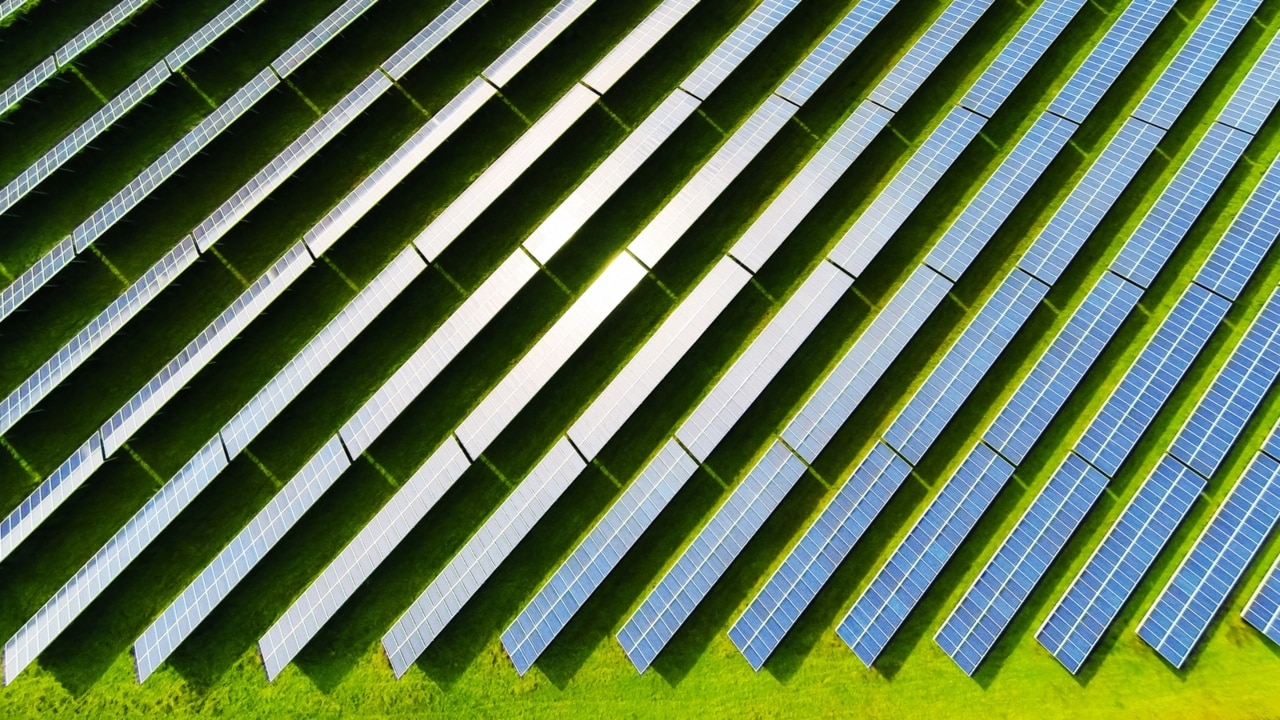
In the motoring technology revolution we were overtaken by the majors, but Origin Energy, which is 15 per cent owned by AustralianSuper, owns one-fifth of a key player in the global energy revolution – Britain’s Octopus.
That’s why arguably the world’s biggest investor in the world energy revolution, Canada-based Brookfield, is so anxious to win control of Origin and gain a stake in the Octopus system of database management.
Octopus also has a British power distribution business, but its global role in electrification comes from its data management systems which are being used in 10 countries. It's an important but missing piece of the Brookfield global electrification jigsaw.
I hope AustralianSuper management has the courage to take the risks involved in this step into the future because it will not be available again.
But AustralianSuper also needs to recognise what is involved in becoming a major takeover-blocking shareholder in Origin, and therefore not only a big player in Australian energy transformation, but the globe’s.
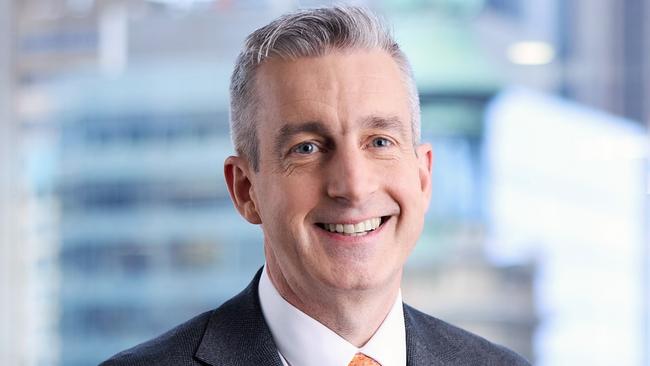
Traditionally, Australian institutions do not have long-term visions and are always hungry for quick gains to please members in the short term and sometimes lock in executive bonuses.
The Origin shareholders who embrace these strategies want AustralianSuper to make a bid for Origin if it rejects the Brookfield cash bid.
But AustralianSuper doesn’t have to play that short-term game. I hope that just this once we take the longer global view, because the opportunity won’t come again.
If Origin is taking advantage of its unique position, it will require substantial capital and if AustralianSuper is not prepared to devote those long-term funds then the right thing to do is to pull back and allow Brookfield – which understands the magnitude of the global electrical transformation – to make the long-term investments and enjoy the gains.
Origin has a brilliant Australian database that uses the Octopus system, so is well-placed to be part of the Australian retail marketing opportunities that will come with the combination of its data, smart meters and the Octopus system.
But Origin has a clear weakness – it is not strong in non-carbon electricity generation. Retailers like Origin without their own non-carbon electricity generation are vulnerable if the price of electricity rises to levels above their power selling contracts.
Telstra pulled out of electricity because it realised that a simple power retail operation was too risky unless it was backed with Telstra generation, and chief executive Vicki Brady was not prepared to take that step.
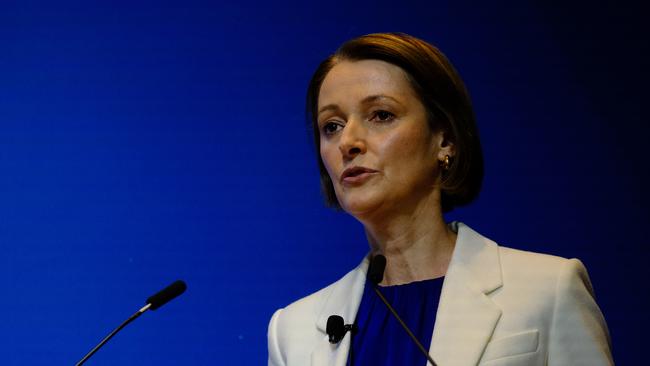
Unless it wants a high risk profile, Origin must invest large sums in local non-carbon electricity generation and, as a major shareholder, AustralianSuper will need to invest to help fund these local projects.
There is good global news on non-carbon electrification, but it’s yet to reach Canberra.
Origin owns 20 per cent of Octopus, which has a brilliant data system that is now operating in around 10 countries. Octopus is a perfect fit for the Brookfield jigsaw, but it too will require further major long capital investment, including in Britain where Octopus, like Origin in Australia, has a retail business that is weak in non-carbon power generation.
Origin will need to fund its share of the substantial future capital requirements of Octopus, but that investment will convert Origin into an important global participant in world electricity distribution and generation.
If AustralianSuper is not prepared to make the investment in this global electrification revolution via Origin, then it is better to take the Brookfield cash.
As recent reports indicate, Brookfield would be happy to do a joint venture with AustralianSuper in Australian energy and the associated retail marketing opportunities.
But it does not really want Australians complicating its exciting global play, where Octopus and a rival are both aiming at a market of a billion people that is currently being served by high cost and less flexible data systems.
The good news for the world is the incredible transformation taking place in nuclear energy, which I outlined on October 18.
Not surprisingly, Brookfield now realises that it needs to be part of this dramatic low-cost nuclear transformation.
Accordingly, this month Brookfield publicly recognised that nuclear is now going to be an essential part of the global carbon-reduction mix, and combined with its fellow Canadian, Cameco, to acquire the nuclear power equipment maker Westinghouse Electric for $US7.9bn ($12.17bn). Westinghouse makes the small nuclear power plants, which would be an ideal adjunct to both Origin and Octopus.
Australia is one of the very few countries in the world that is yet to understand that overreliance on wind and solar can send power prices through the roof.
Modern nuclear must be part of the non-carbon mix.
Even the dumbest of our politicians will eventually come to understand this – provided they travel outside Australia and see what is happening globally. Nuclear will be the low-cost way to make wind and solar better performers and enable both Origin and Octopus to increase non-carbon power generation.
If investing in nuclear power is too hard for AustralianSuper, then it must exit rather than hold Octopus and later Origin back.



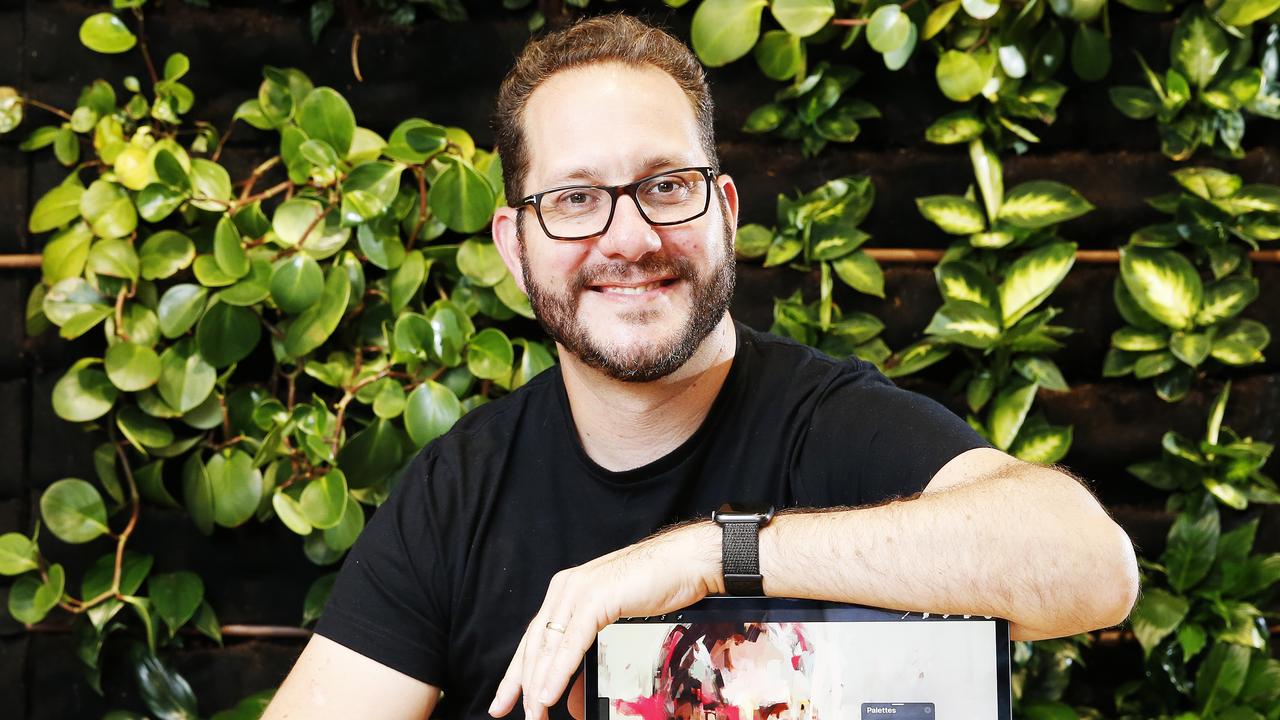
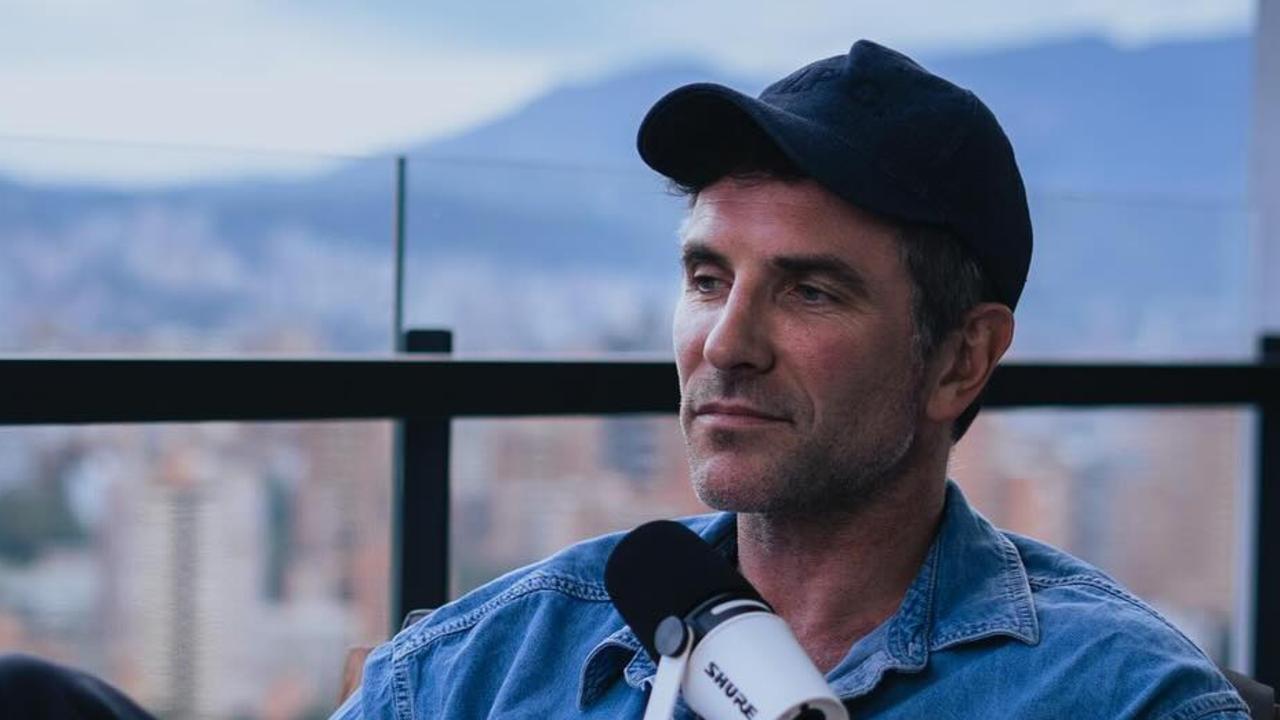
Australia’s largest single non-government source of equity capital, AustralianSuper, has brilliantly positioned itself to be a big winner from global electrification – the world’s greatest energy change since the petrol-powered motor car swept the world in the 1920s.